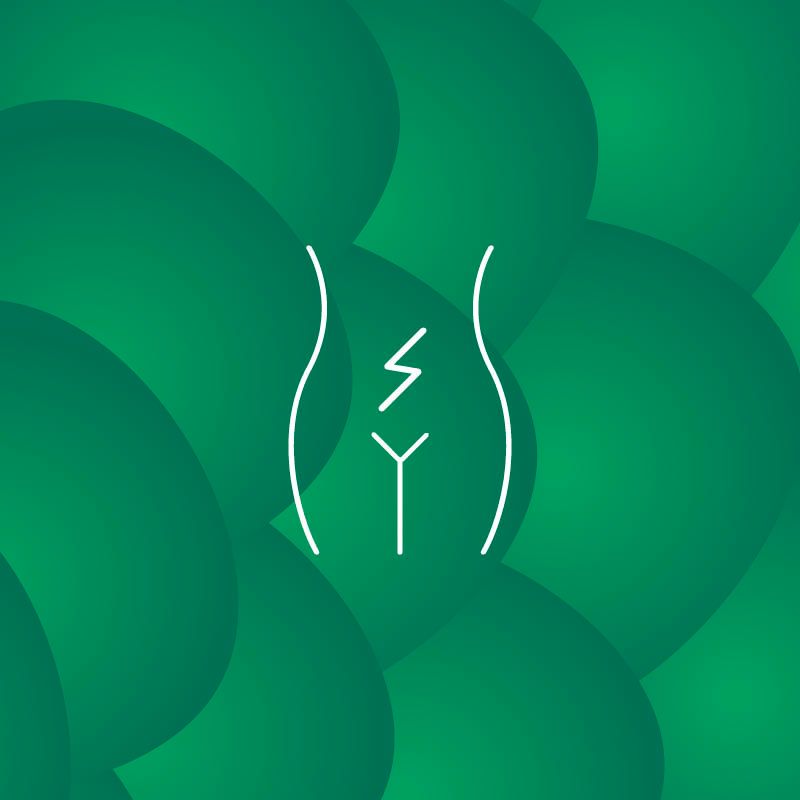
Pain, heavy or frequent bleeding is an often underestimated problem that affects many women of childbearing age.
From mild discomfort to severe pain, menstrual problems can have a significant impact on everyday well-being. In our practice, we specialize in providing sensitive and professional support to women with menstrual disorders and menstrual problems.
We take the time to understand your individual symptoms and offer customized treatment options. The causes can be many and varied - from hormonal imbalances and inflammation to structural changes such as fibroids or endometriosis. Through thorough diagnostics, we determine the cause and develop a treatment plan that is tailored to your needs.
Our holistic approach includes drug and surgical therapies as well as recommendations on diet, exercise and relaxation techniques to achieve long-term relief. Menstrual cramps are not a fate you have to accept - we help you to improve your quality of life.
Forms of cycle disorders
Hypermenorrhea
This is an excessively heavy menstrual period in which more than 80 ml of blood is lost per cycle. Those affected have to change tampons or pads frequently. The causes are often fibroids, polyps or hormonal imbalances.
Hypomenorrhea
The opposite of hypermenorrhea: very light periods with little blood loss. It can be caused by hormonal disorders, the use of hormonal contraceptives or adhesions in the uterus (e.g. after surgery).
Oligomenorrhea
In this case, bleeding occurs at long intervals, usually at intervals of more than 35 days. Common causes are hormonal disorders, thyroid disease or polycystic ovary syndrome (PCOS).
Amenorrhea
This refers to the complete absence of menstruation. A distinction is made between primary amenorrhea (when the first menstrual period is absent until the age of 16) and secondary amenorrhea (when menstruation is absent for at least 3 months after previously regular cycles). Causes range from pregnancy and breastfeeding to hormonal disorders, eating disorders or chronic stress.
Menorrhagia
Menstruation that lasts longer than 7 days is called menorrhagia. It often occurs in conjunction with hypermenorrhea and can lead to iron deficiency and anemia.
Metrorrhagia
This causes irregular bleeding between the actual menstrual periods. It can be caused by hormonal fluctuations, polyps, fibroids or infections.
Menometrorrhagia
This is a combination of menorrhagia and metrorrhagia: the bleeding is both prolonged and irregular. There is often an underlying organic cause such as fibroids or endometrial changes.
Online appointment booking
Would you like an appointment? It's quick and easy with our online booking tool - we look forward to hearing from you!
Learn more
Here you will find further information on the specialist area of gynecology.




